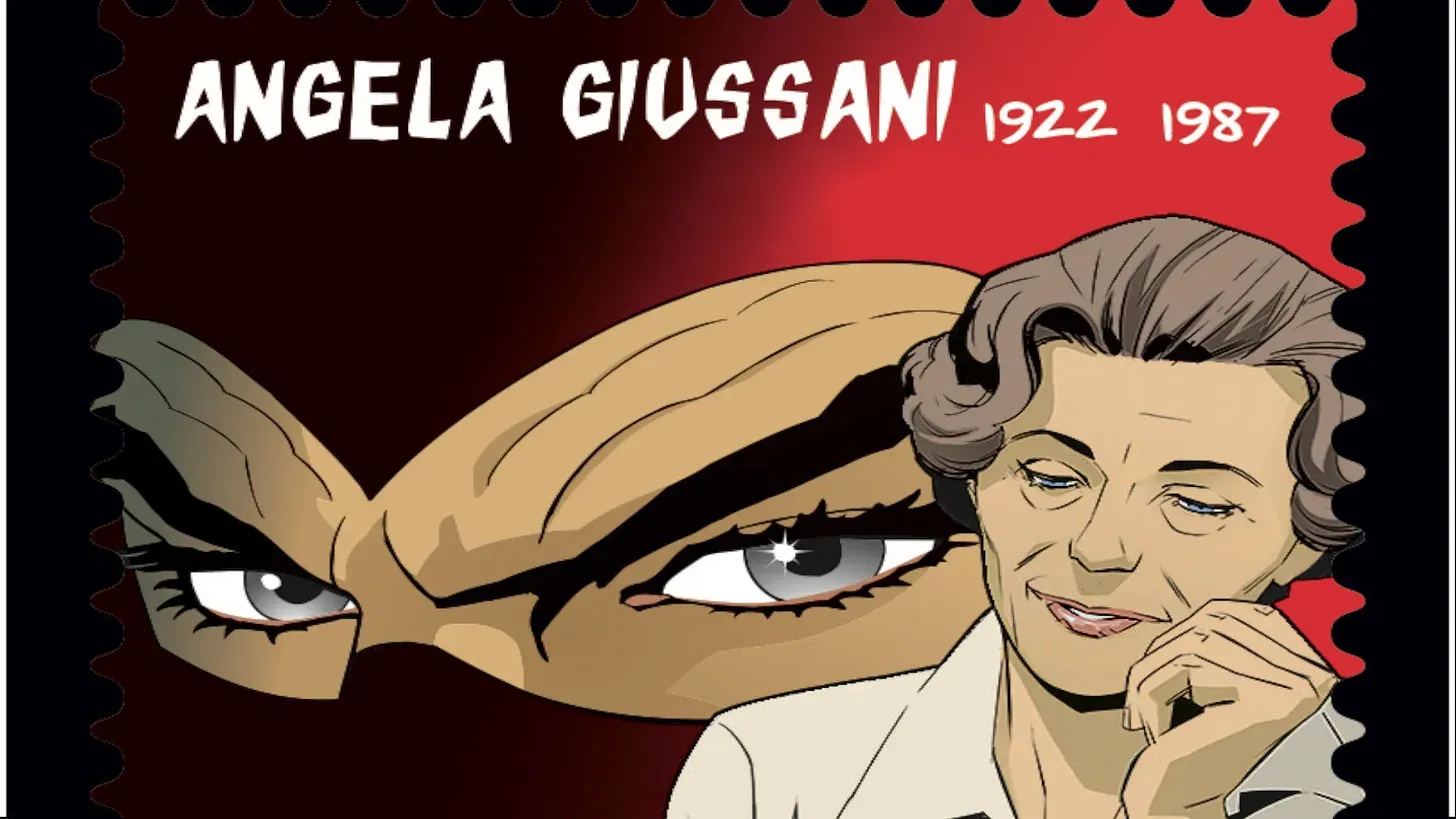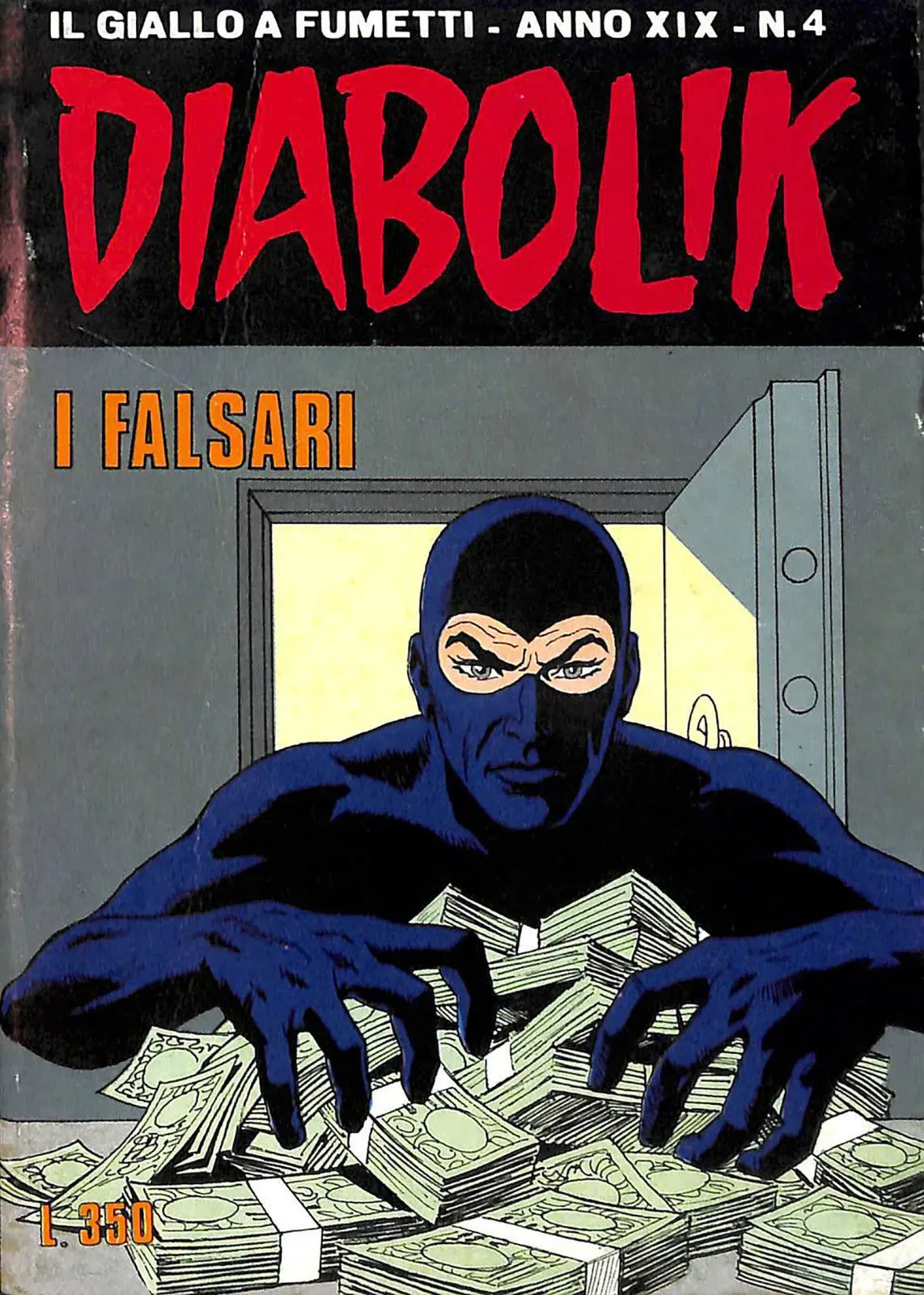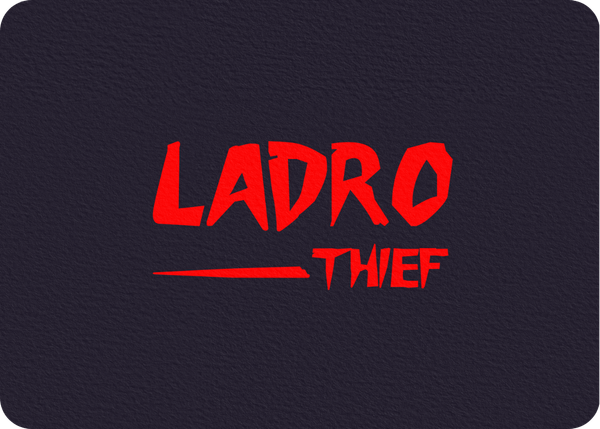Ladro
NOUN [masculine or feminine] / ADJECTIVE
Meaning and English translation 🔖
Thief
🇬🇧 A person who steals, usually one who appropriates another's property without permission. The term may refer to one who appropriates another's property by cunning, deception, or fraud, often acting surreptitiously and sometimes violently.
🇮🇹 Persona che ruba, in genere chi si appropria di cose altrui senza permesso. Il termine può riferirsi a chi si appropria della proprietà altrui con l'astuzia, l'inganno o la frode, spesso agendo di nascosto e talvolta con violenza.
| Masculine ♂️ | Feminine ♀️ | |
|---|---|---|
| Singular | il - un ladro | la - delle ladre |
| Plural | i - dei ladri | le - delle ladre |
Example sentences 💬
Il ladro è stato catturato mentre tentava di fuggire.
The thief was caught while trying to escape.
La ladra è riuscita a scappare con tutti i gioielli.
The thief managed to escape with all the jewelry.
7€ per un caffè?! Sono dei ladri!
7€ for a coffee?! They are thieves!
This article is brought to you by Giulia School, where you can learn Italian the natural way—with real conversations and passionate teachers guiding you every step of the journey. It’s the closest thing to immersion you can get without living in Italy. Click here to learn more.
Idioms with ladro 🇮🇹
Piove, governo ladro!
Literal
It's raining, thieves in the government!
Similar English expression
Damned government
Note: an expression used humorously to blame the government for anything, even the weather.
L’occasione fa l’uomo ladro.
Literal
Opportunity makes the man a thief.
Similar English expression
Opportunity makes the thief.
Ladro di cuori
Literal
Thief of hearts.
Similar English expression
Heartbreaker.
Where does the word ladro come from? 🔎
Ladro derives from the Latin word latro, which originally referred to a mercenary soldier.
Did you know that... 🤓
Impress your italian friends with curious facts about Italy and its culture
The most famous thief in Italy and his creator

Angela Giussani, born in 1922 today in Milan, Italy, is the creator of Diabolik, one of the most famous characters in Italian comics and perhaps the most famous thief in Italy. The idea for Diabolik was born in the early 1960s, as Angela was thinking about her previous publishing experiences and how to create a new success. Her first attempt, a magazine called Big-Ben, had not gone well, so she had to change strategy.

Angela observed Milanese commuters, who spent a lot of time on trains. She realized that a small, interesting comic book could appeal to these people. Inspired by paperback books, she thought of a comic book series that could be read while traveling.
She was inspired when she found a novel starring Fantômas, a French criminal. This gave her the idea to create a masked antihero for her comics. The character was not a traditional hero but an intelligent and ruthless thief: Diabolik.
With her sister Luciana's help, Angela created the characters and stories full of suspense and twists. Diabolik quickly became very popular, captivating readers with his dark and intriguing stories. And, of course, the comic's format was perfect for commuters: 12 by 17 centimeters with 128 black-and-white pages.






